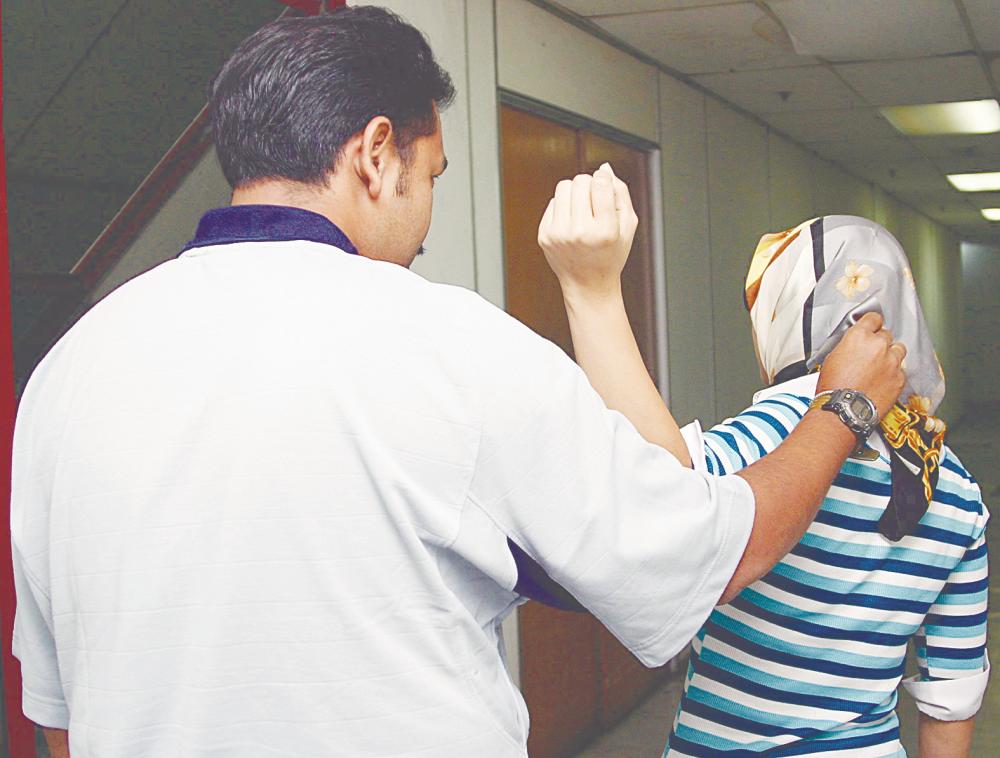PETALING JAYA: The Women’s Centre for Change is urging universities to address sexual harassment as concerns about a pervasive culture of silence, normalisation of sexual jokes and victim blaming on campuses persists.
Its programme director Karen Lai said while some universities have taken steps to address sexual harassment and foster a culture of respect and safety, there is still significant room for improvement.
“In March, it was reported that one in five Universiti Malaya students experienced sexual harassment during their university life and only 11.1% of them took action.
“This raises serious concerns about the continued prevalence of sexual harassment and amplifies the fact that the vast majority of victims do not speak up.”
She said the culture of victim blaming contributed to them remaining silent, alongside other factors such as the fear of repercussions and stigma.
There could also be inconsistencies or a lack of transparency in how complaints are handled, and a failure to hold perpetrators accountable.
Women, Family and Community Development Ministry secretary-general Datuk Maziah Che Yusoff said based on police statistics as of September, cases of women involved in domestic violence, rape and sexual harassment nationwide totalled 4,217.
She said statistical data on cases of sexual harassment is still at a worrying level and could persist as a “cancer” in society if left unchecked.
Lai said addressing sexual harassment on university campuses presents a complex set of challenges as it involves various layers of social, institutional, legal and cultural factors.
“Some universities lack clear, comprehensive or consistent policies to address sexual harassment. Additionally, policies may be poorly communicated, leaving students and staff unaware of complaint procedures.”
She added that under-reporting remains a concern as reported cases fail to reflect the real situation, with factors such as victim blaming and reluctance of students to speak up being a major contributor.
She said social norms on some campuses are such that there is a culture of silence or normalisation of inappropriate behaviour, and harassment is dismissed as “just a joke”.
“Normalising sexual harassment, even through jokes or casual remarks, can have a profound negative impact on the mental and emotional well-being of students, and fosters an environment in which harassment becomes acceptable and harder for victims to recognise or report.”
Lai said if such issues persists, it could hinder efforts to shift attitudes and establish a zero-sexual harassment environment.
University leaders play an important role in advocating a respectful culture and holding those who engage in it accountable.
“Society often blames victims and questions their actions or behaviour. Universities must ensure that reporting mechanisms are confidential and accessible, and that strong anti-retaliative policies are in place to protect them or third parties who report harassment,” she said.
Lai also stressed that accountability at all levels is critical and universities should ensure there are no exceptions to harassment policies based on power dynamics, including those involving faculty, staff, administrators or students.
She said universities often lack sufficient resources to support victims of harassment, including providing counselling and legal assistance.
“In the medium term, universities should invest in victim support to ensure they have access to a variety of resources. Faculty, staff and students need to understand that harassment is never the fault of the victim.”
She said while internal university policies on sexual harassment are enforced, the Anti-Sexual Harassment Act 2022 and related Penal Code provisions, such as Section 354 covering outrage of modesty, also apply to educational institutions.
However, she said gaps remain in the Act, including the absence of organisational duties, a narrow definition of sexual harassment and insufficient protection for complainants.
“Addressing these issues and raising awareness is crucial to empower individuals in educational institutions to report incidents and seek help.”









